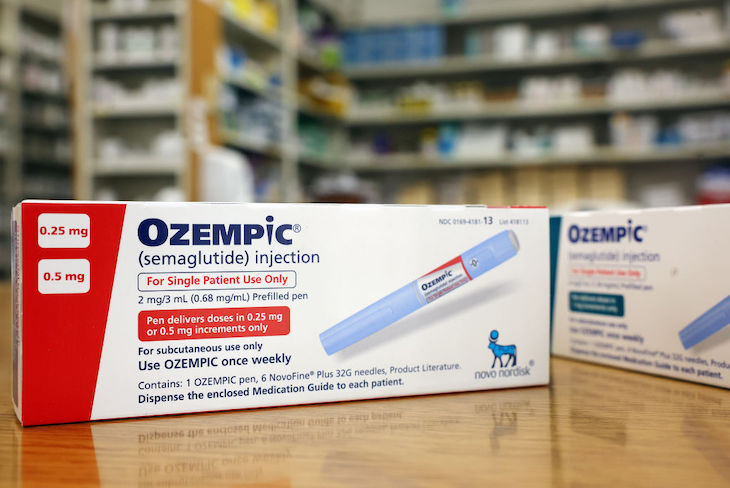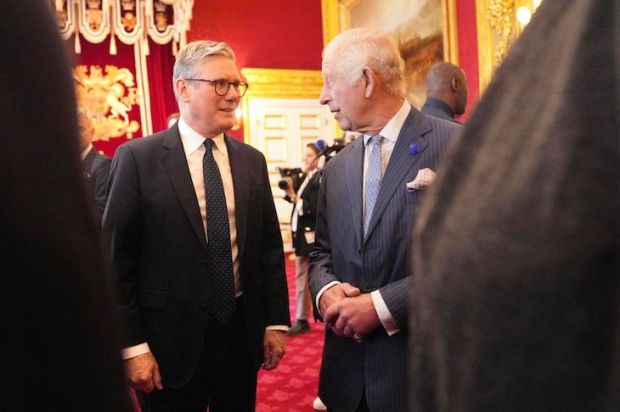It’s official: weight-loss wonder drug Wegovy (also marketed as Ozempic) makes US celebrities shrink but makes the Danish economy grow. This week, the most amusing Oscars clickbait featured not the typical best- and worst-dressed actors, but instead celebrities who have experienced recent miraculous weight loss. The Daily Mail helpfully split this award category between those confirmed to have taken Wegovy, and others who have merely inexplicably and rapidly shrunk. Their
Already a subscriber? Log in
Subscribe for just $2 a week
Try a month of The Spectator Australia absolutely free and without commitment. Not only that but – if you choose to continue – you’ll pay just $2 a week for your first year.
- Unlimited access to spectator.com.au and app
- The weekly edition on the Spectator Australia app
- Spectator podcasts and newsletters
- Full access to spectator.co.uk
Or




















Comments
Don't miss out
Join the conversation with other Spectator Australia readers. Subscribe to leave a comment.
SUBSCRIBEAlready a subscriber? Log in